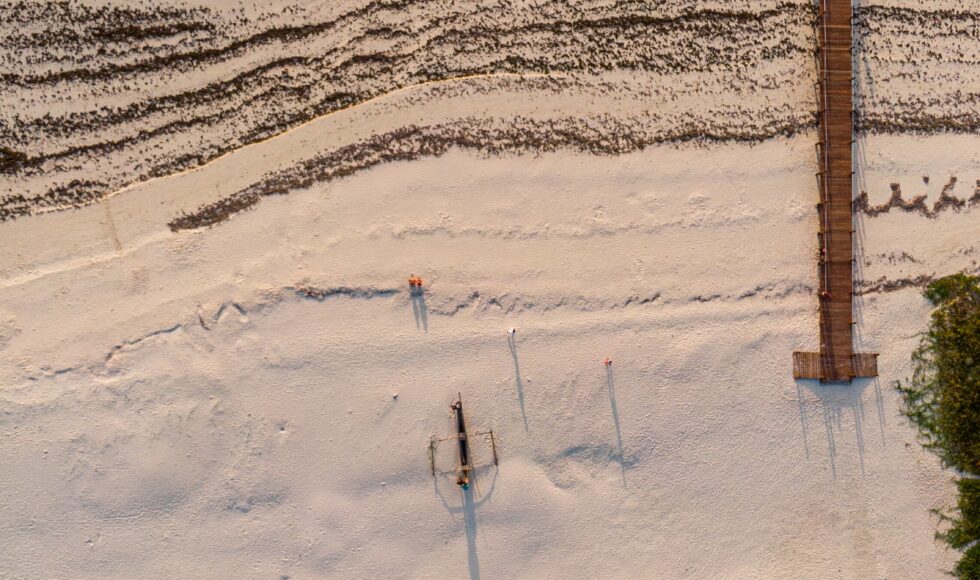It is part of the rules of our judicial process that the superior courts of record go on annual vacation for a certain period of time during the year. This often falls in the summer season between the months of July and September. In our tropical climate, this is often the rainy season. This practice is a hangover from the colonial times. Many people have wondered whether the courts should ever really be on vacation. The services provided by the courts can be classified as essential in nature. The rule of law or rather, the implementation of the rule of Law should never be in recess or on vacation.
It is generally important that people in all works of life take time off to relax and recuperate from the hectic schedule of their various occupations. The Judges should most definitely not be an exception. There has really not been much debate about this issue until the recent “novus actus interviniens” of the gorilla warfare that the COVID-19 pandemic has wreaked on the entire planet.
Some public interest groups have been quite vociferous about this and have indeed gone ahead to state that it would be or it is an irresponsible act at this particular time for the Judges of the superior courts of record to go on vacation. The superior courts of record are the Supreme Court, the Court of Appeal, the Federal High Court and the State High Courts. The Federal Judiciary has issued a notice stating the time scale for the year 2020 courts vacation. Some of the state judiciaries have also issued notices.
It is sometimes difficult or perhaps impossible to avoid a knee jerk response to certain events, especially one that is like a thief in the night or an ambush. It is important that whenever possible, a practical and constructive response should be taken, especially when times and events have made it possible for some reflection. The pandemic has truly thrown everyone and every government into some degree of chaos.
The fact that the judicial process, and in particular, the operations of the courts have been facing great difficulty is obvious to all practitioners and stakeholders. Let us not pretend that our judicial process does not have major infrastructural issues which are of course amplified by the current pandemic. In the 21stcentury, judges of the High Courts and Justices of the Appellate Courts are taking down notes in long hand. This is extremely shocking. A practice that prevailed in the 18thcentury before the old Court of Chancery and English Exchequer Court is one that is very much part of our justice delivery process in the 21stcentury. The service of court processes and documents are not carried out if the litigants do not mobilizethe bailiff for service. There is no structured manner in which court processes and documents can be properly served by court officials without the process being corrupted.

How indeed can matters be heard by superior courts of record in a manner which reminds one of a call overdate in the magistrate court or matters called before registrars, recorders and masters in the 19thand early 20thcentury court procedures in the United Kingdom? How indeed is it possible for a superior court of record to in one court sitting, hear several applications, contentious and non-contentious, mundane and frivolous and also conduct three or four trials?
The Supreme Court is the most organized of the superior courts of record. They also have interlocutory applications and substantive appeals lumped together. It is fair to say that they achieve better results in terms of cases concluded. However, the waiting time for appeals to be heard is a minimum of 3 to 5 years and I state with respect that this is scandalous.
The pandemic has of course, created a multiplier effect on the inadequacies of the judicial processes. Suffice to say that, it has also amplified productivity in all works of life with particular regard to the courts system. Can it really be said that the cancellation of the vacation period of the 2019/2020 legal year would in any substantial manner rectify the back log of cases or allow for access to justice which was hitherto unavailable? I think not.
The problems are multifarious. A simplistic, knee jerk and populist solution to open all courts during the annual vacation is in my respectful view not the answer. The arguments of the proponents of this solution is that the other jurisdictions are doing it. That argument appears strong and plausible but it fails to take into consideration the prevailing specific circumstances of this particular jurisdiction.
In my respectful view, it would be counter productive to just copy what obtains in other jurisdictions when the infrastructure vital to enabling the work required is nonexistent or at best bare. It is imperative to look specifically at our challenges and hasten to deal with them with gradual precision.
There is already a rule of practice that provides that a vacation judge is appointed to deal with cases and urgent matters during the vacation. Having regard to the intervening and unforeseeable events due to the effects of the pandemic, perhaps it will at this stage be more constructive to appoint at least 4 judges to deal with matters during the vacation. It is difficult to insist on any particular number of judges to be appointed. The High Court has a minimum of 20 Judges in the various jurisdictions, while the Appellate Courts have the flexibility within their rules to reconvene to hear matters during the vacation as well.
The courts are currently amending their rules of practice and procedure to allow for efficiency in responding to the effect of the pandemic. They have introduced procedures regarding remote hearing of cases. It will in my opinion, be profitable for the Heads of Courts, the Attorney General, and the Stakeholders to use the vacation period to set up a task force to deal with the wholesale amendment of the rules of practice and procedure in all the courts, as well as fashion out how the technology that is required for the smooth and effective running of the justice delivery sector can be effected. The Bench and the Bar, including the Registrars that deal with processing of claims need to be properly trained and versed in the “new normal” legal practice.
In spite of the practice directions regarding remote hearings, I have been unable to engage in one. We have applied to the courts and the judges said, they are unable to accede to our applications. There are also unsettled issues on the constitutionality of the procedure. Whatever the merits or demerits of these arguments, the fact is that they abound and remain a distraction in the interim. The epileptic nature of this needs to be addressed.
It is not the cancellation of the vacation period for courts that is vital. While it may help to hear a handful of cases and present a picture of “we are working” in reality, it will further accelerate the snail pace and pedestrian process of justice delivery with greater lethargy. It is a more constructive period for starting the very vital process of meticulously amending the rules, setting up pilot schemes for the “new normal” in legal practice and court sittings and also dealing with the fundamental aspect of the use and application of technology. These obviously cannot be achieved in the eight to ten weeks of vacation, but it is a window to lay the foundation.
We must be practical in our responses to certain events. A copycat and grandiose approach does not achieve much.
Disclaimer: The views represented in this article are the views of the author and does not necessarily reflect the view of the law firm.

